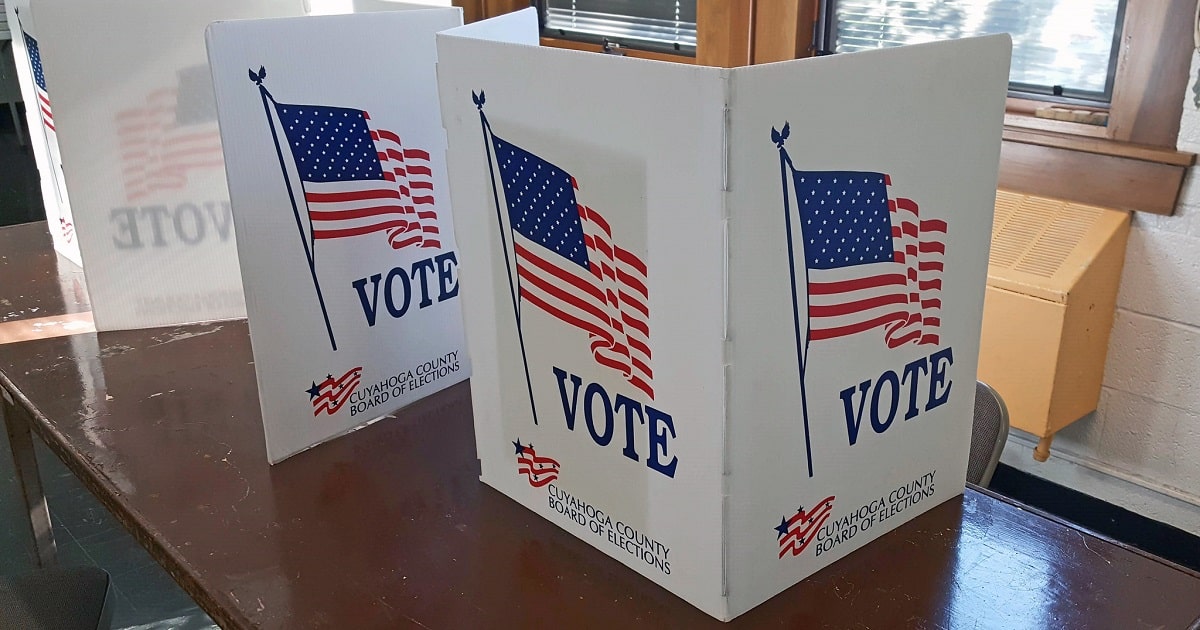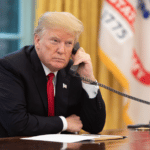




President Donald Trump’s administration just slammed the brakes on billions in infrastructure funding for Chicago and New York City, citing concerns over questionable contracting practices.
Breitbart reported that the Trump administration has frozen massive federal dollars earmarked for transportation and energy projects in key Democratic strongholds, while also targeting specific states for energy funding cuts.
Let’s rewind to Wednesday, when Office of Management and Budget Director Russell Vought dropped the bombshell that roughly $18 billion for New York City projects, including the critical Hudson Tunnel Project and Second Avenue subway, is now on ice.
Talk about a subway delay that stings worse than a rush-hour breakdown. One has to wonder if this is purely fiscal prudence or a signal to blue-leaning cities.
Moving to Thursday, President Trump took to social media to tease a high-stakes meeting with Vought to discuss slashing budgets of what he calls politically motivated Democratic agencies.
“I have a meeting today with Russ Vought, he of PROJECT 2025 Fame, to determine which of the many Democrat Agencies, most of which are a political SCAM, he recommends to be cut,” Trump declared. Well, if that doesn’t sound like a budgetary reckoning, what does?
Trump’s statement hints at a broader agenda to trim what the administration sees as wasteful or ideologically driven programs.
While some may cheer this as a long-overdue housecleaning, others in affected areas might see it as a targeted jab at their communities’ needs.
By Friday, the U.S. Department of Transportation doubled down, issuing a new rule that bans race- and sex-based criteria in federal grant contracting. This isn’t just paperwork—it’s a direct challenge to progressive policies often baked into public projects. The message is clear: no more prioritizing identity over merit, at least not on the federal dime.
Also on Friday, the Department of Transportation sent stern letters to the Chicago Transit Authority, putting two major projects—the Red Line Extension and the Red and Purple Modernization Program—under intense scrutiny. The total funding at stake? A hefty $2.1 billion, now frozen pending review for what the administration calls potentially unconstitutional practices.
Vought himself took to social media to clarify that the freeze in Chicago aims to stop race-based contracting from tainting the process.
It’s a stance that resonates with those frustrated by policies they see as reverse discrimination, though critics will likely argue it’s a convenient excuse to choke off funds.
The ripple effects in Chicago could be massive, stalling projects that many residents rely on for daily commutes. While the administration frames this as a stand for fairness, one can’t help but sympathize with commuters who just want their trains to run on time, not become pawns in a policy chess game.
Beyond transportation, the administration also pulled the plug on $7.5 billion in energy project funding for states that supported Vice President Kamala Harris in recent political contests. This move reeks of political score-settling to some, but to others, it’s a justified pushback against regions perceived as hostile to the administration’s priorities.
Supporters of the cuts might argue that federal funds shouldn’t prop up states pushing agendas counter to national interests as defined by the current leadership. Yet, the optics of punishing entire populations over electoral choices could strike many as a bridge too far, even if the intent is to redirect resources.
Stepping back, these funding freezes and cancellations reflect a broader battle over how federal dollars are spent and who gets to call the shots.
The administration’s focus on rooting out what it sees as ideological overreach in contracting and spending is a red meat issue for conservatives tired of progressive mandates.
The meeting between Trump and Vought could set the tone for even deeper cuts or, perhaps, a softening if public backlash grows. For now, urban centers and certain states are left holding the bag, wondering if their projects will ever see the light of day.
One thing’s for sure: this isn’t just about money—it’s about power, priorities, and who gets to define America’s future.



